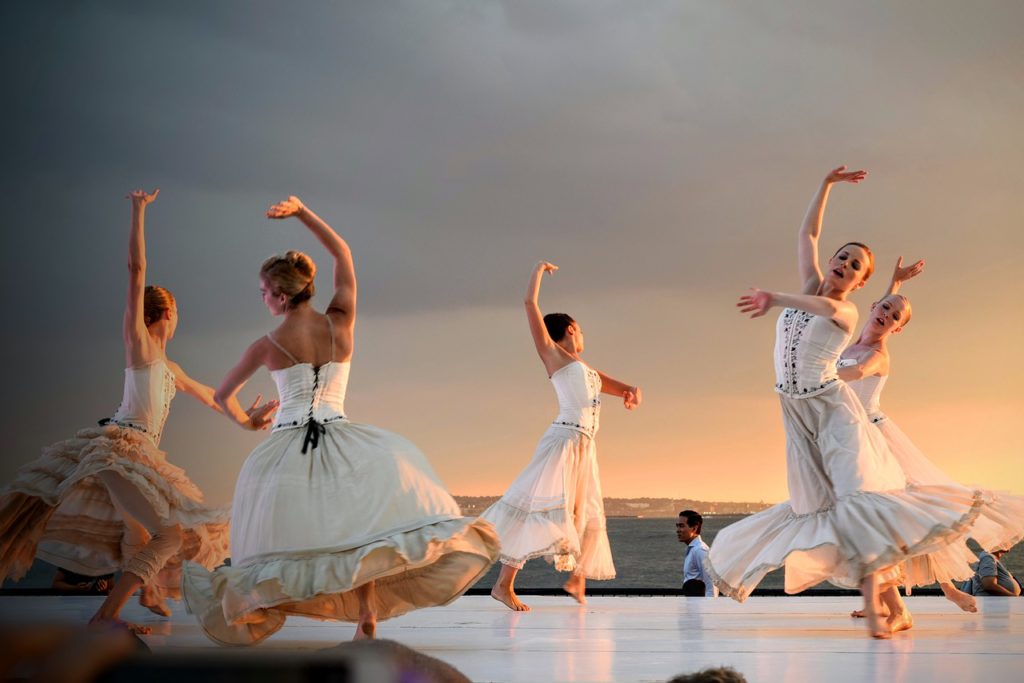
Back when I was a nurse, I witnessed a seventy-year-old woman wailing angrily over the unfairness of the natural passing of her ninety-year-old mother in a nursing home. I sat with a woman who’s lungs were shutting down and would not make it through the night as she demanded that I call the doctor one more time for better news. We come from a society where the endings of things, especially a human life, are hidden away—as though not thinking about them would make them go away.
The reality of the temporariness and changeability of everything, material and living, is a core Buddhist contemplation practice, which can be as simple as sitting down for five minutes and contemplating the seemingly obvious fact that most of the people who have populated the earth are now dead, that you, yourself, could suddenly be in a car accident or stricken by an incurable fatal disease and be gone. Every relationship you have will end when one or the other of you dies (at the very longest.) All the buildings around you will crumble to the ground or be torn down. The earth as we know it will cease to exist. Living with the deep understanding that this is so wipes out unrealistic expectations that can turn temporary into long lasting depression or anxiety.
Similar to the Stoics of Western Philosophy, Buddha advised getting a backbone and facing up to the fact that everything changes all the time. The ancient Buddhist texts say to think of yourself as a dancer fleetingly on a stage with others whirling on and off the stage around you. It can be a tremendous relief to truly take this teaching to heart.
